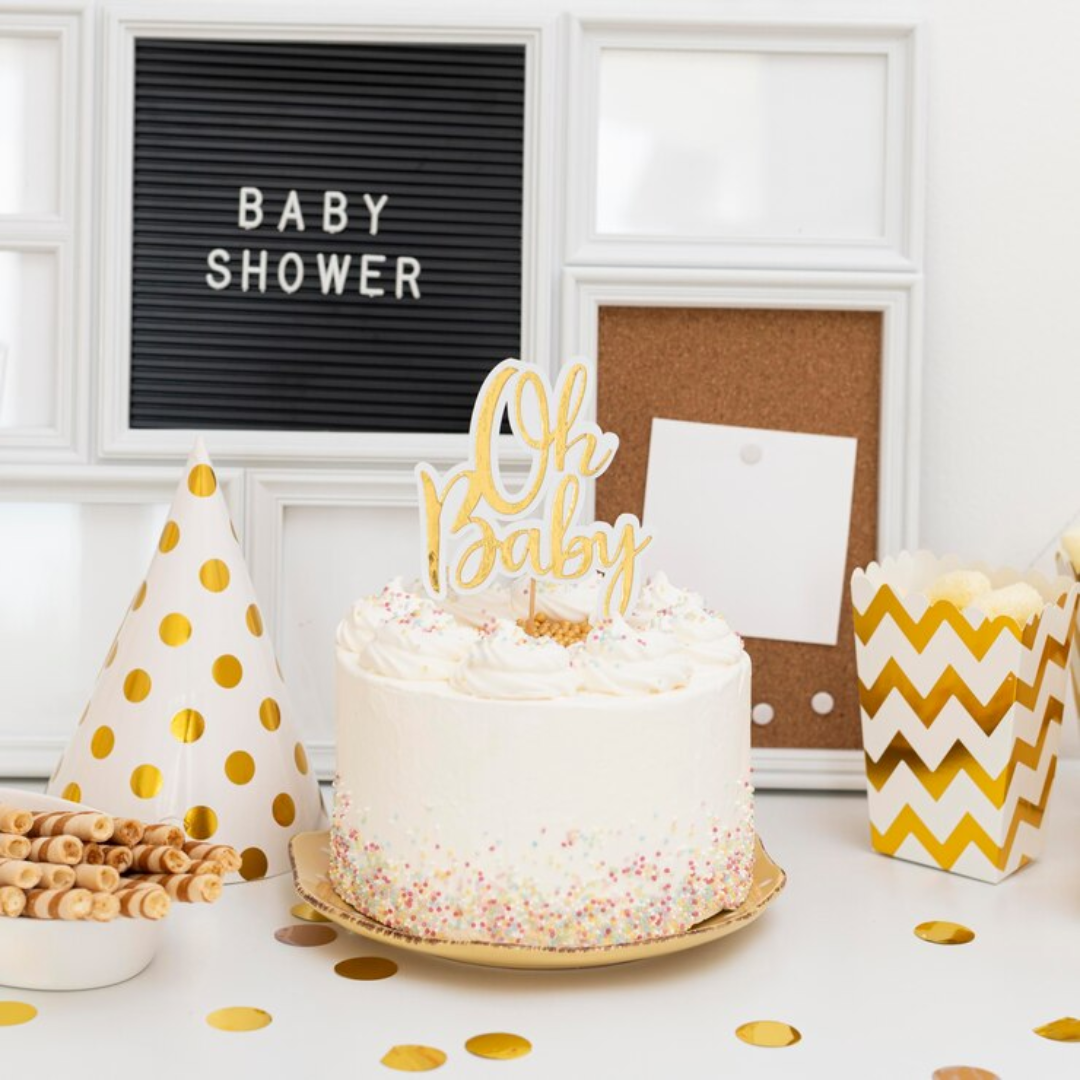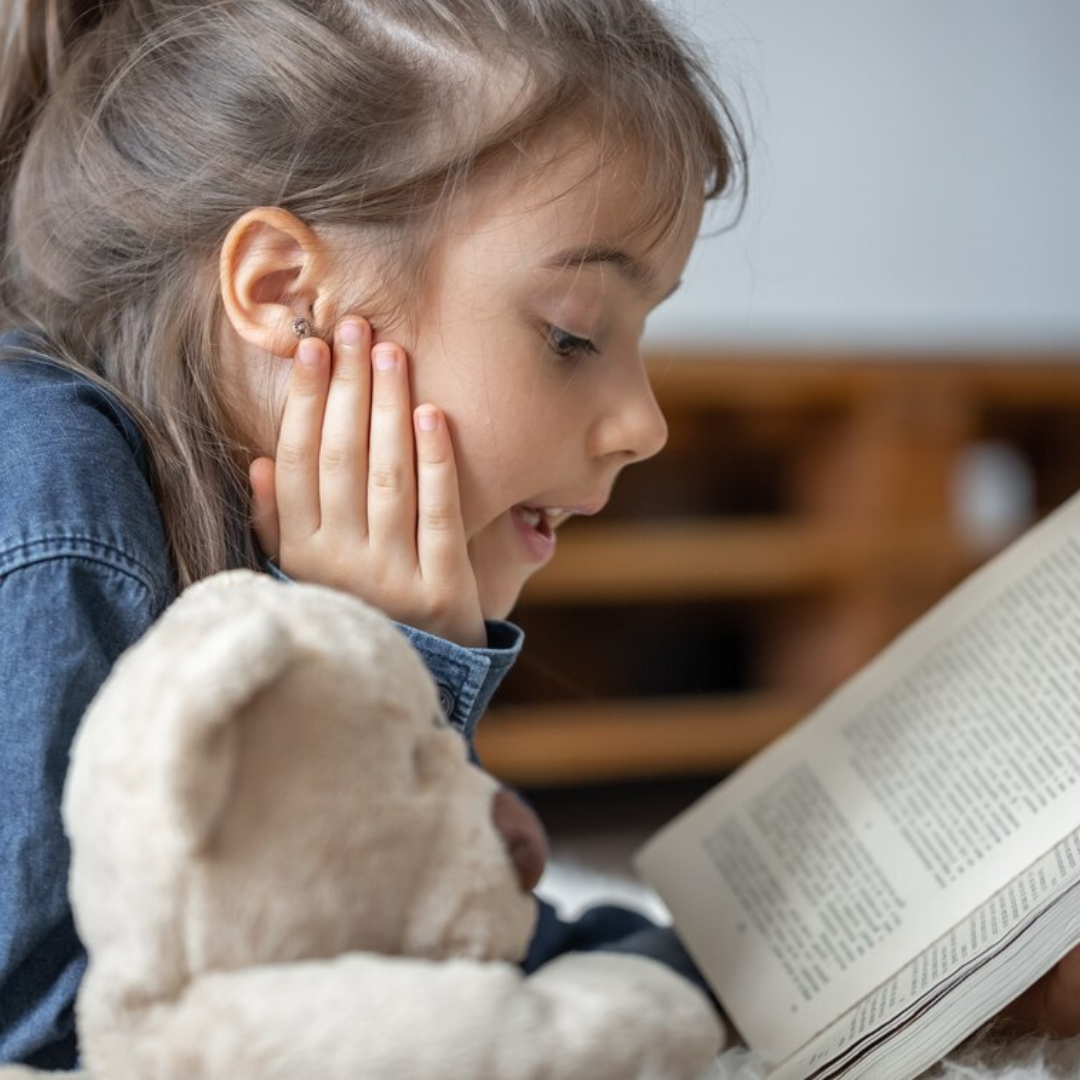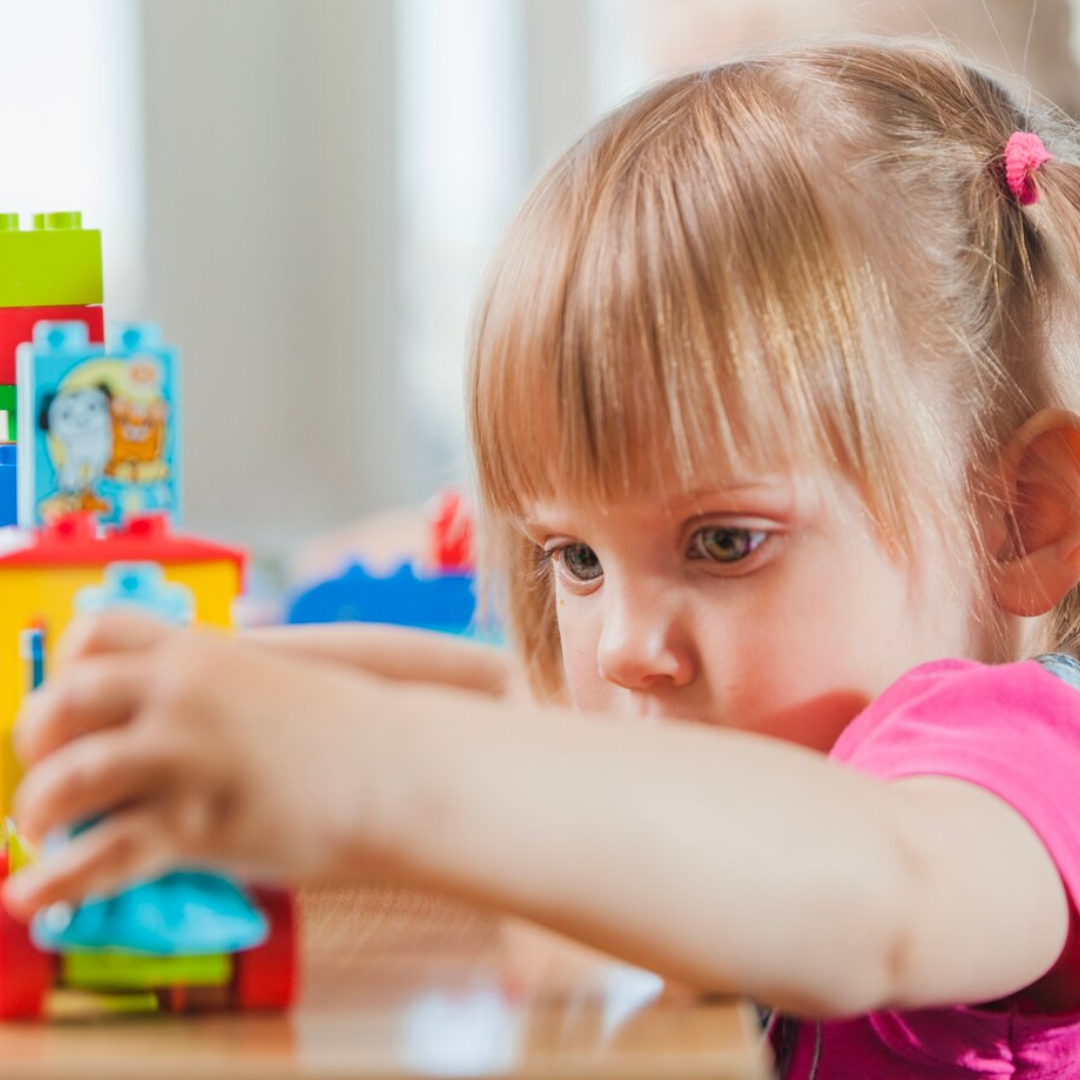
Fun and Engaging Learning Activities for Two-Year-Olds
Two-year-olds are in a stage of rapid development, full of curiosity and energy. This is a crucial period for building the foundational skills they’ll need throughout their lives, from language and social skills to fine and gross motor abilities. At this age, children learn best through play, so incorporating educational activities that engage their senses and spark their imaginations is essential.
Here’s a list of simple, fun, and educational learning activities for two year-olds that promote development in key areas:
1. Building Blocks

Building with blocks is a classic activity that supports creativity, fine motor skills, and problem-solving. Whether using wooden blocks, plastic ones, or foam shapes, stacking and building structures helps young children learn about balance, spatial awareness, and cause-and-effect relationships.
- Learning Focus: Fine motor skills, problem-solving, spatial awareness
- Developmental Benefits: Coordination, concentration, creativity
2. Finger Painting

Letting a two-year-old use their hands to create art provides sensory stimulation while fostering creativity. Finger painting allows toddlers to experiment with colors, textures, and shapes. You can even introduce basic shapes and colors during the activity to integrate early learning concepts.
- Learning Focus: Sensory development, creativity, color recognition
- Developmental Benefits: Fine motor skills, sensory processing, artistic expression
3. Simple Puzzles

Puzzles are a fantastic way to improve cognitive skills. Simple wooden puzzles with large pieces featuring animals, shapes, or numbers are ideal for toddlers. These puzzles help children develop critical thinking, hand-eye coordination, and problem-solving skills as they figure out how to fit the pieces together.
- Learning Focus: Cognitive skills, problem-solving
- Developmental Benefits: Fine motor skills, concentration, shape recognition
4. Pretend Play
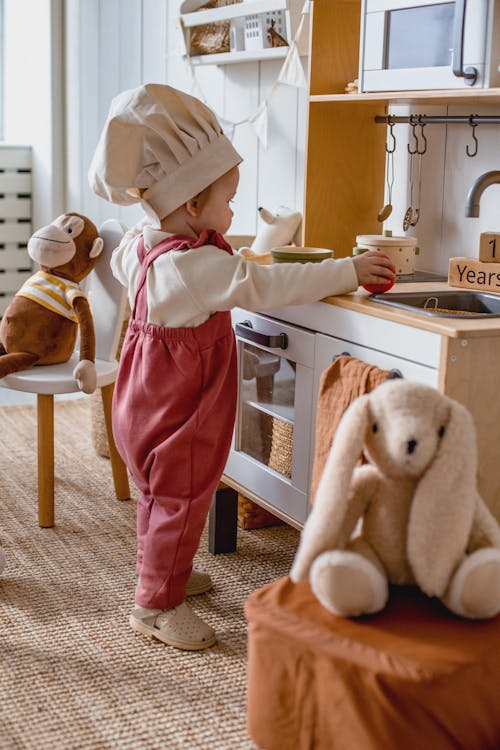
Pretend play allows toddlers to explore their imagination and practice real-life scenarios. Whether it’s pretending to cook in a toy kitchen, taking care of dolls or stuffed animals, or playing “store,” this type of play promotes language development, social skills, and emotional expression.
- Learning Focus: Language development, social-emotional skills
- Developmental Benefits: Creativity, empathy, communication
5. Sing Songs and Rhymes
Songs and nursery rhymes are powerful tools for language development in toddlers. Repeating songs with simple, catchy lyrics helps children build their vocabulary, improve their memory, and grasp the rhythm and sounds of language. Incorporating hand movements or clapping to the beat can enhance motor coordination, too.
- Learning Focus: Language and communication skills, memory
- Developmental Benefits: Listening skills, rhythm, memory, social interaction
6. Shape and Color Sorting
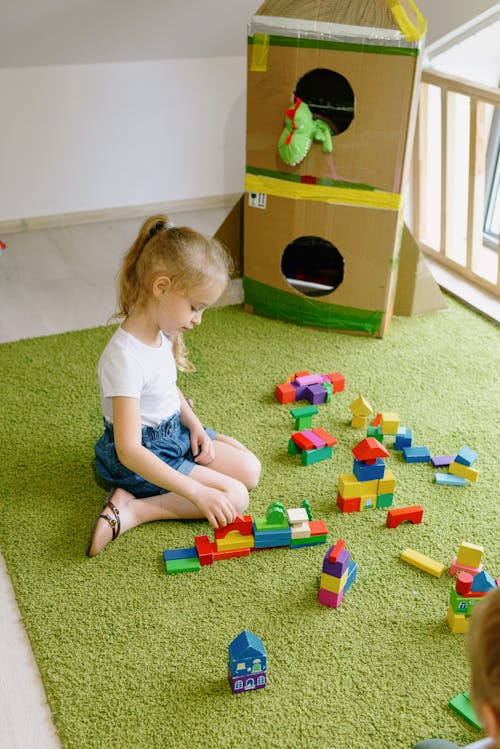
Sorting activities help toddlers learn about shapes, sizes, and colors while improving their cognitive and fine motor skills. You can create simple games by using colored blocks, sorting toys, or even everyday objects like buttons or buttons in a variety of colors and shapes.
- Learning Focus: Shape and color recognition, categorization
- Developmental Benefits: Cognitive skills, fine motor skills, concentration
7. Nature Walks

Taking your toddler on a nature walk is an excellent way to introduce them to the world around them. Point out different plants, animals, and natural objects like leaves, rocks, and flowers. You can talk about the colors, shapes, and textures, encouraging observation and vocabulary development.
- Learning Focus: Environmental awareness, vocabulary development
- Developmental Benefits: Observation skills, language skills, physical activity
8. Water Play

Water play is a sensory-rich activity that toddlers love. Simple activities like filling and emptying containers, splashing, or playing with water toys not only entertain but also teach important concepts like volume, flow, and cause and effect.
- Learning Focus: Sensory development, scientific concepts
- Developmental Benefits: Hand-eye coordination, fine motor skills, cause-and-effect learning
9. Animal Sounds Game
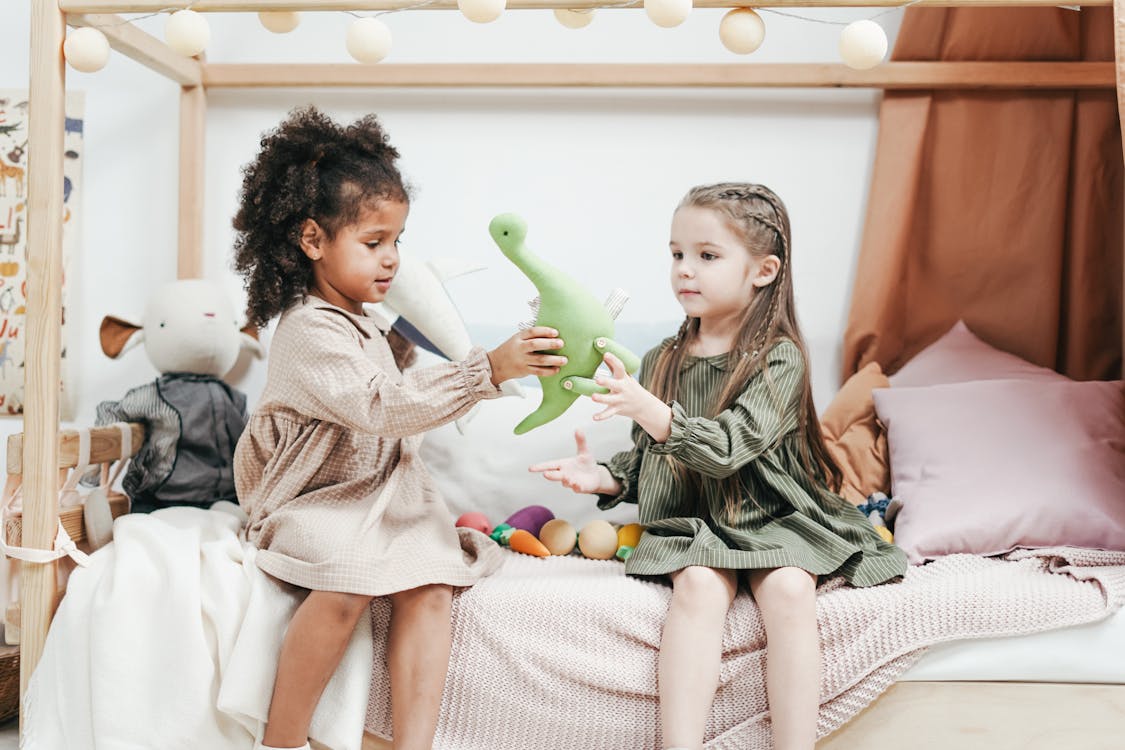
You can play a game where you make animal sounds and ask your toddler to guess the animal or make the corresponding sound. This is a fun way to develop listening skills, learn animal names, and encourage speech and communication.
- Learning Focus: Language and speech development, listening skills
- Developmental Benefits: Memory, verbal expression, cognitive skills
10. Interactive Storytime
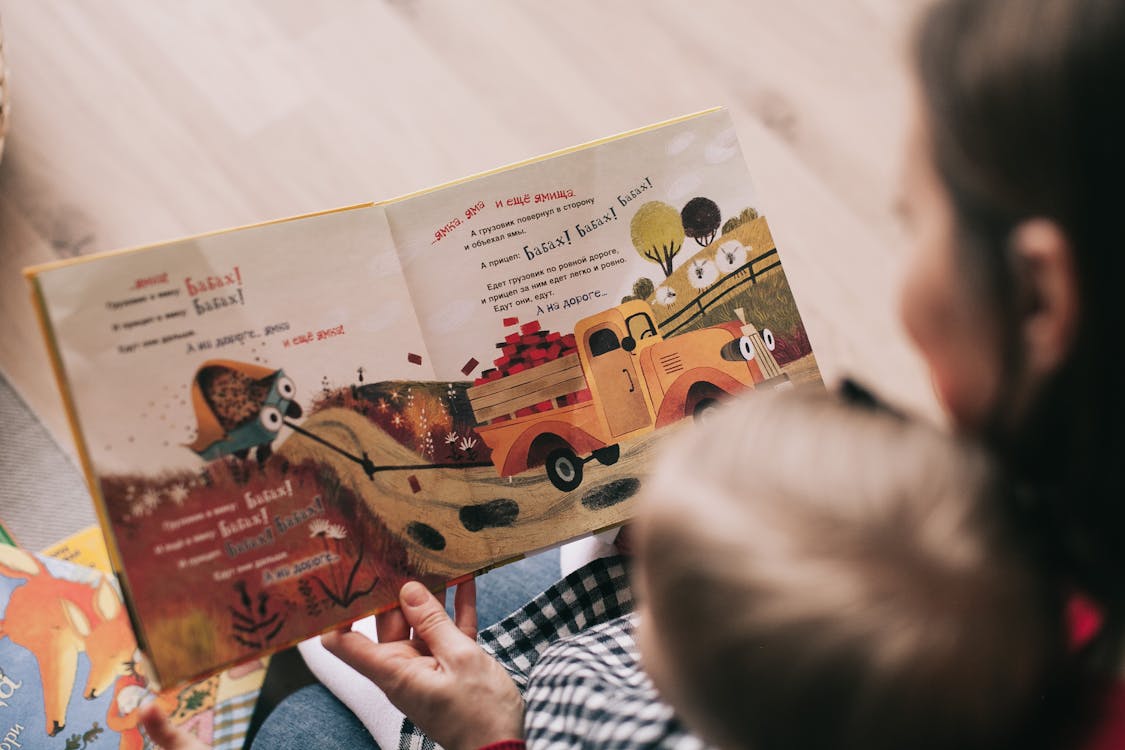
Reading books with your two-year-old is one of the best ways to foster language development. Choose picture books with colorful illustrations and simple text. Ask your child questions about the story or the pictures, and encourage them to point to familiar objects and people in the book.
- Learning Focus: Language development, cognitive skills, listening
- Developmental Benefits: Vocabulary building, imagination, comprehension
11. Dance and Movement

Toddlers love to move, and dance is a great way to channel their energy. Play upbeat music and encourage your toddler to dance, clap, or move to the rhythm. This helps with physical coordination, rhythm, and body awareness. You can even create simple dance moves or follow along with your child.
- Learning Focus: Gross motor skills, rhythm, coordination
- Developmental Benefits: Physical development, balance, listening skills
12. Animal Habitat Sorting
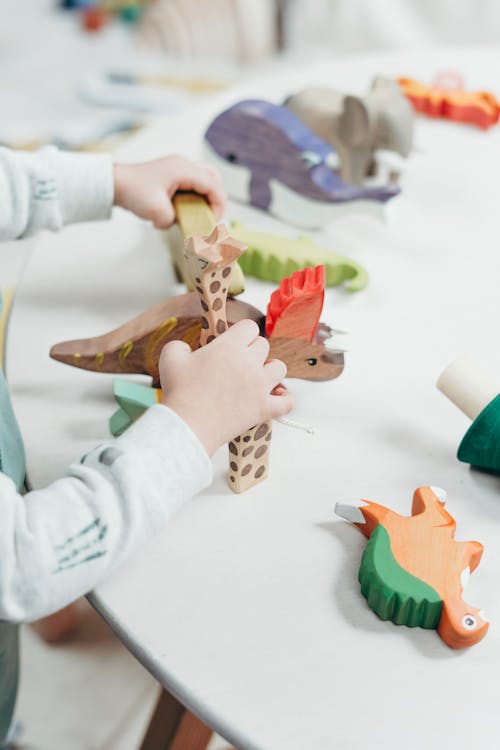
Teach your toddler about where different animals live by sorting them into their respective habitats. For example, you can create small “habitats” on the floor with simple props (like trees for forest animals or water for aquatic creatures) and ask your child to place the animals in the correct location.
- Learning Focus: Animal recognition, environmental awareness
- Developmental Benefits: Cognitive development, categorization, problem-solving
The key to learning for two-year-olds is finding ways to make activities both educational and fun. With these simple and engaging activities, you can support your toddler’s cognitive, physical, and emotional development while fostering a love for learning.


